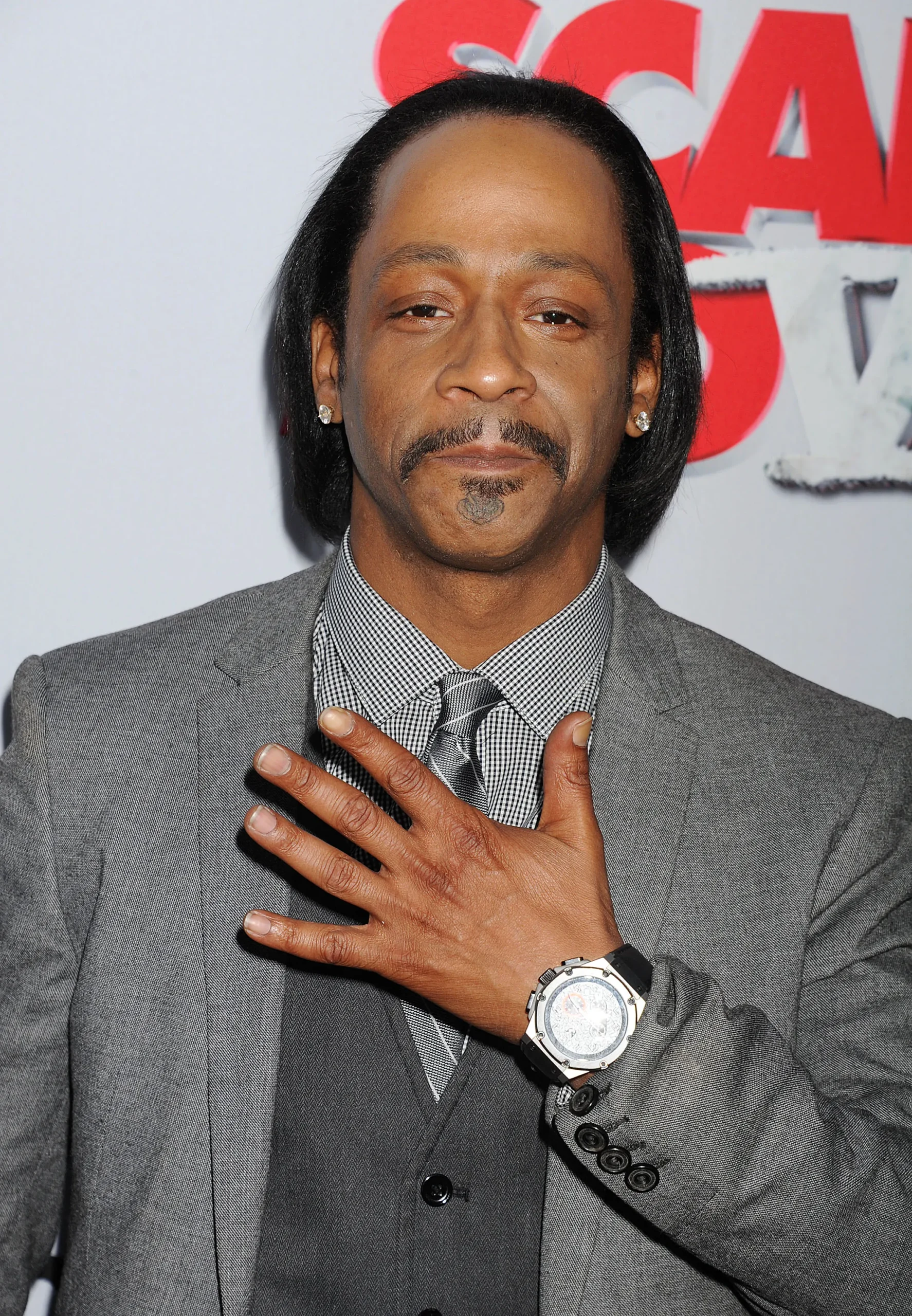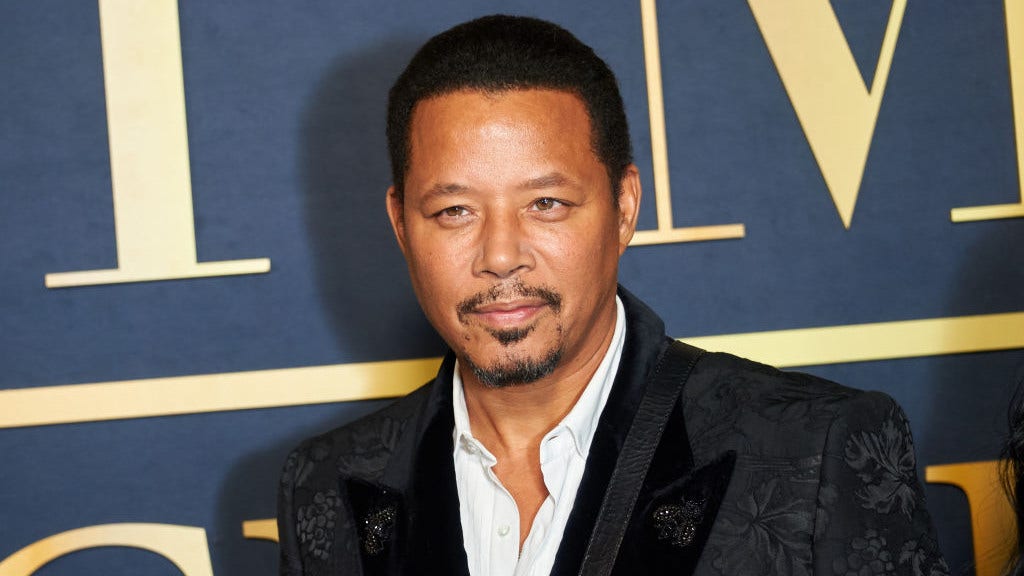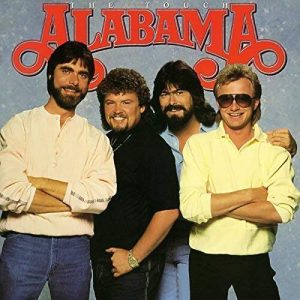In the glitzy world of Hollywood, where dreams are made and stars shine bright, lies a murky underbelly of exploitation, manipulation, and shattered dreams.
It’s a place where actors, especially those of color, often find themselves at odds with the powers that be, struggling to maintain their integrity while navigating a landscape fraught with prejudice and demands for conformity.

Terrence Howard’s recent decision to retire from acting has once again thrust these issues into the spotlight, shedding light on the harsh realities that many in the industry face.
Howard, a seasoned actor known for his powerful performances in films like “Crash” and “Prisoners,” has long been a vocal critic of Hollywood’s treatment of black actors.
In a recent interview with Revolt, Howard revealed his frustrations, stating, “No, but I would like to know the ability of men to be men and people to be people… The strength and character and faults that come with a man are necessary for balance.”
His sentiments echo those of other black comedians and actors, such as Cat Williams and Dave Chappelle, who have spoken out against the industry’s penchant for emasculating black men on screen.

Williams, in particular, famously refused to wear a dress in a film, a decision that cost him lucrative contracts but solidified his commitment to his values.
But Howard’s journey in Hollywood has been marred by more than just artistic differences. Reports of his alleged temper issues and difficult behavior on set have dogged him throughout his career, with some industry insiders painting a troubling picture of a man unable to control his emotions.
One incident that stands out is Howard’s departure from the Marvel Cinematic Universe, where he was replaced as James Rhodes/War Machine by Don Cheadle.

While Howard has claimed he was unfairly low-balled by Marvel, others suggest that his behavior on set and clashes with directors played a significant role in his exit.
Moreover, Howard’s recent lawsuit against his talent agency, Creative Artists Agency LLC (CAA), alleging fraudulent practices and underpayment, further underscores the challenges faced by black actors in Hollywood.
Howard contends that CAA prioritized its own financial interests over his career, a claim that speaks to larger issues of exploitation and inequality within the industry.
But Howard’s story is just one among many, as other actors, like Mo’Nique, have also spoken out against the injustices they’ve faced in Hollywood.
Mo’Nique, too, found herself ostracized after refusing to adhere to industry norms, a decision that ultimately cost her roles and opportunities.
As Howard bows out of Hollywood, it’s clear that his retirement is about more than just walking away from the spotlight.
It’s a statement against an industry that often values profit over integrity, conformity over creativity.
And while the road ahead may be uncertain, Howard’s decision to speak his truth serves as a powerful reminder that change is desperately needed in Hollywood.
In the end, Howard’s retirement is not just about his own journey—it’s about shining a light on the systemic issues that plague the entertainment industry as a whole.
Only by acknowledging and addressing these issues can Hollywood truly evolve into a place where all actors, regardless of race or background, are valued and respected for their talent and contributions.





